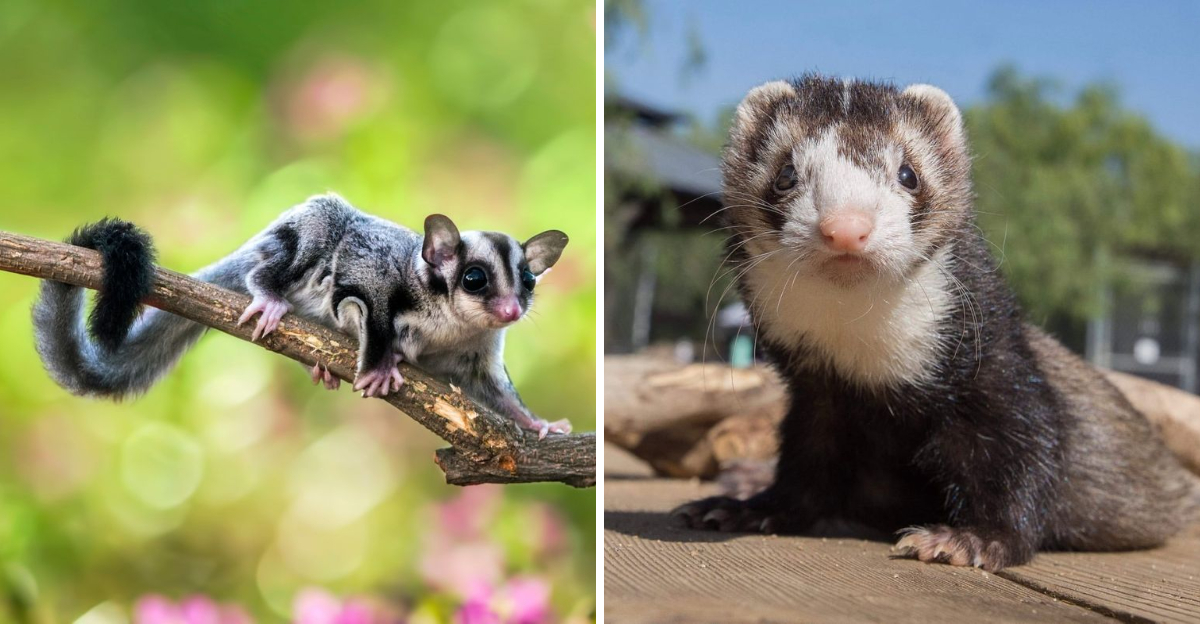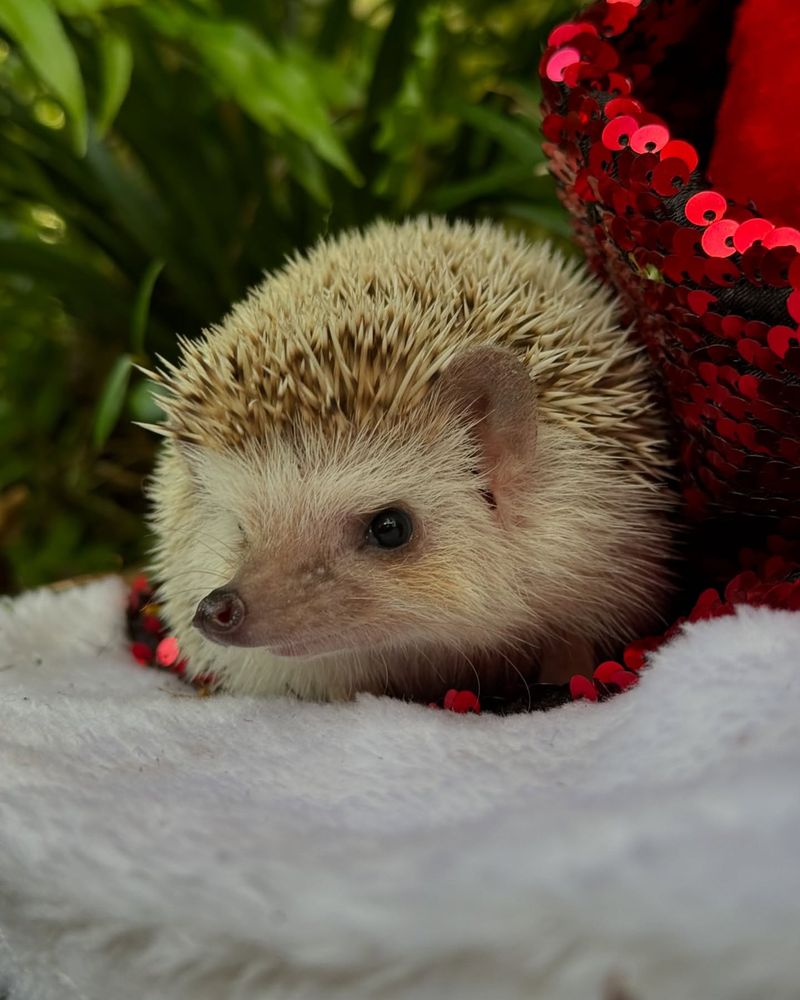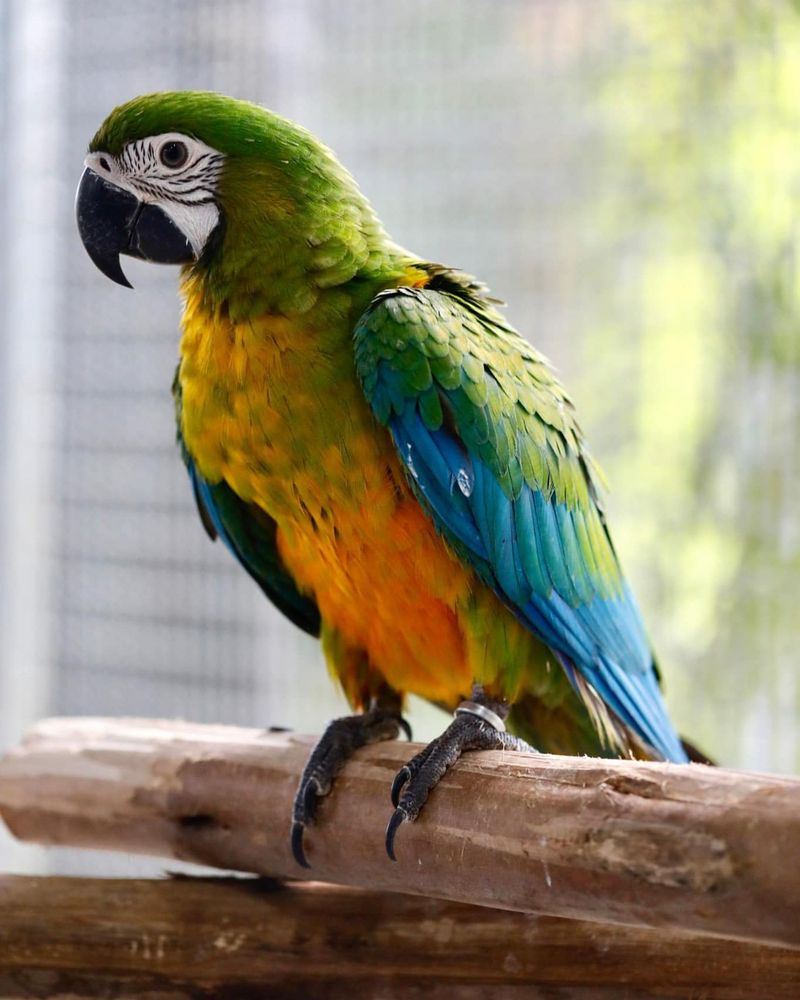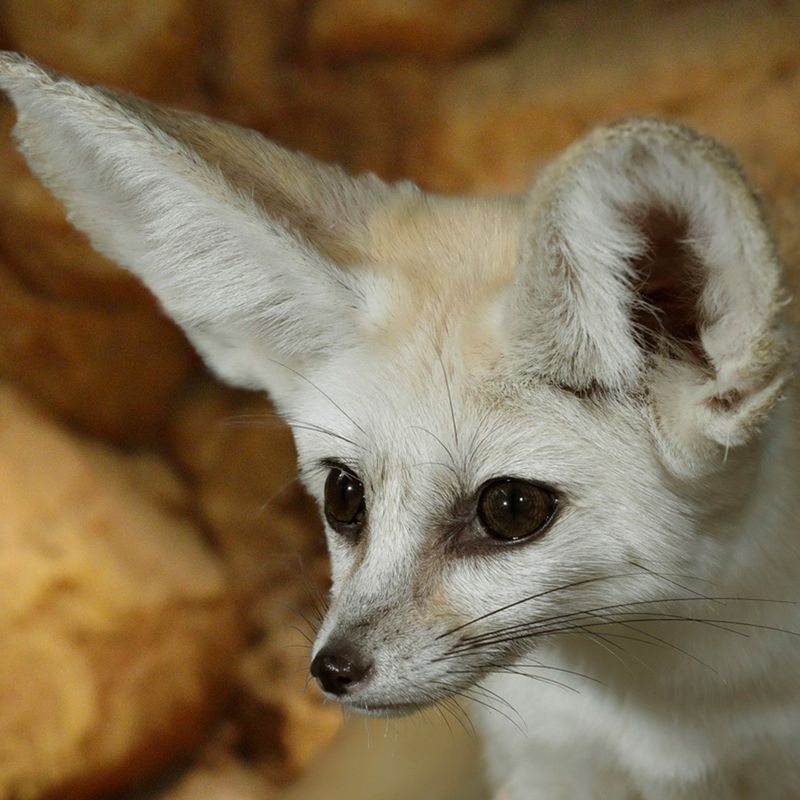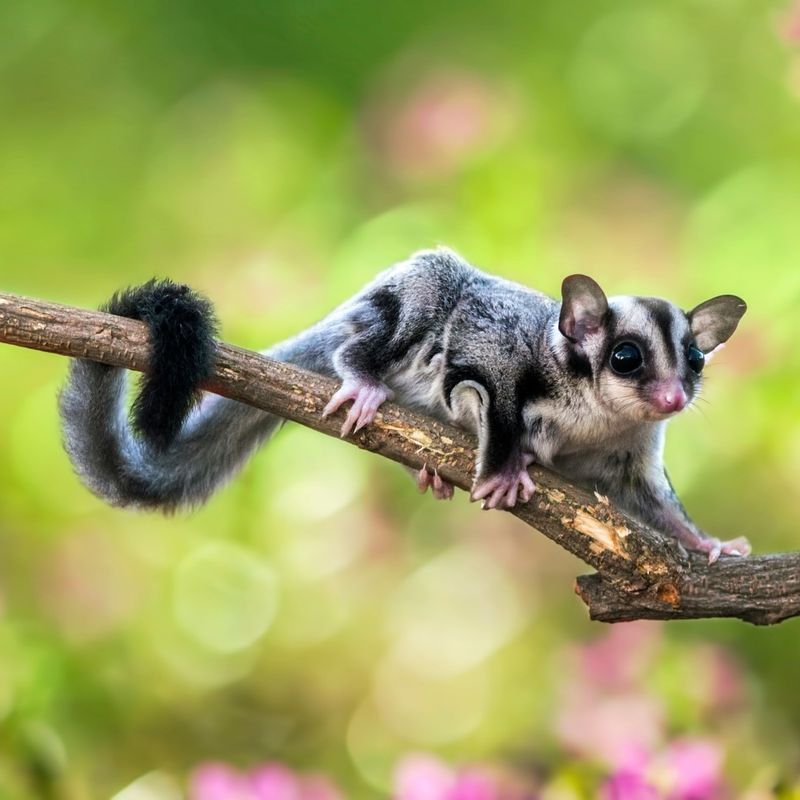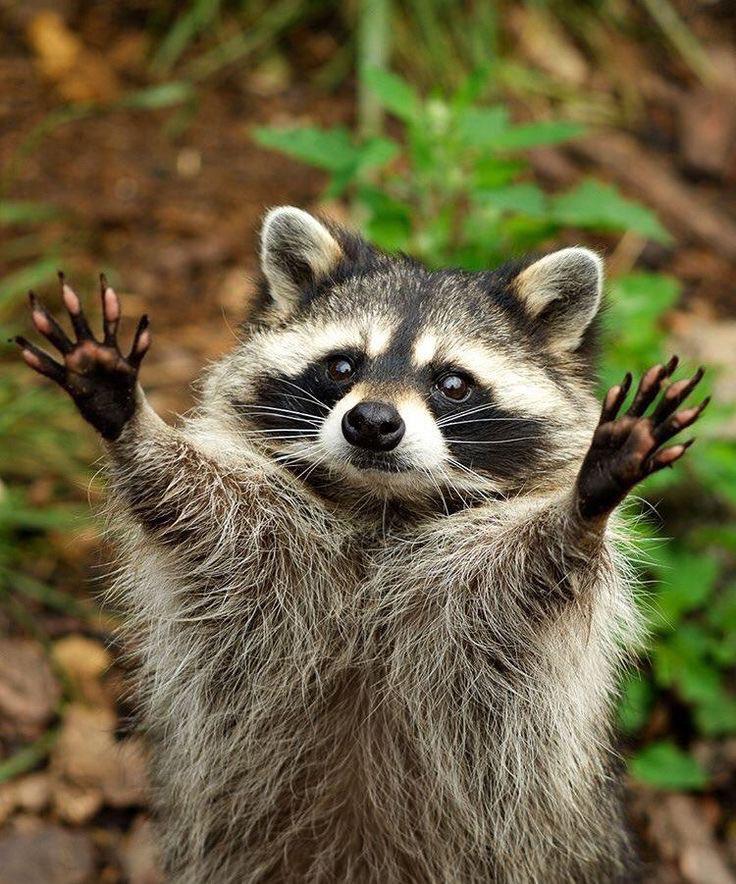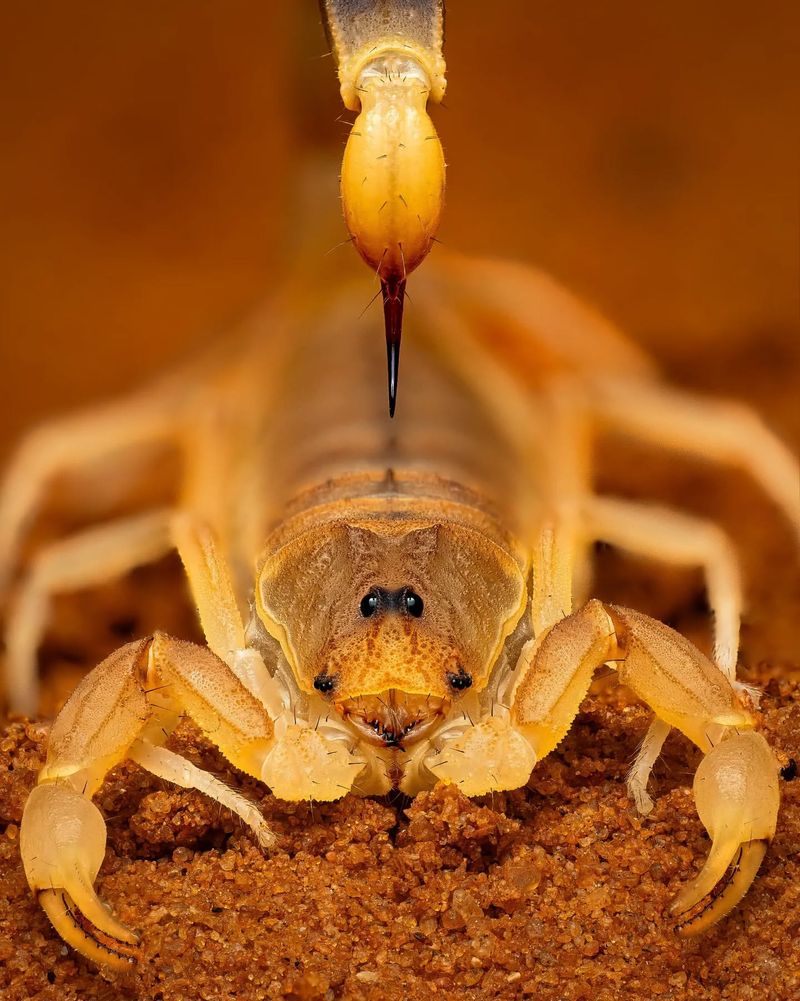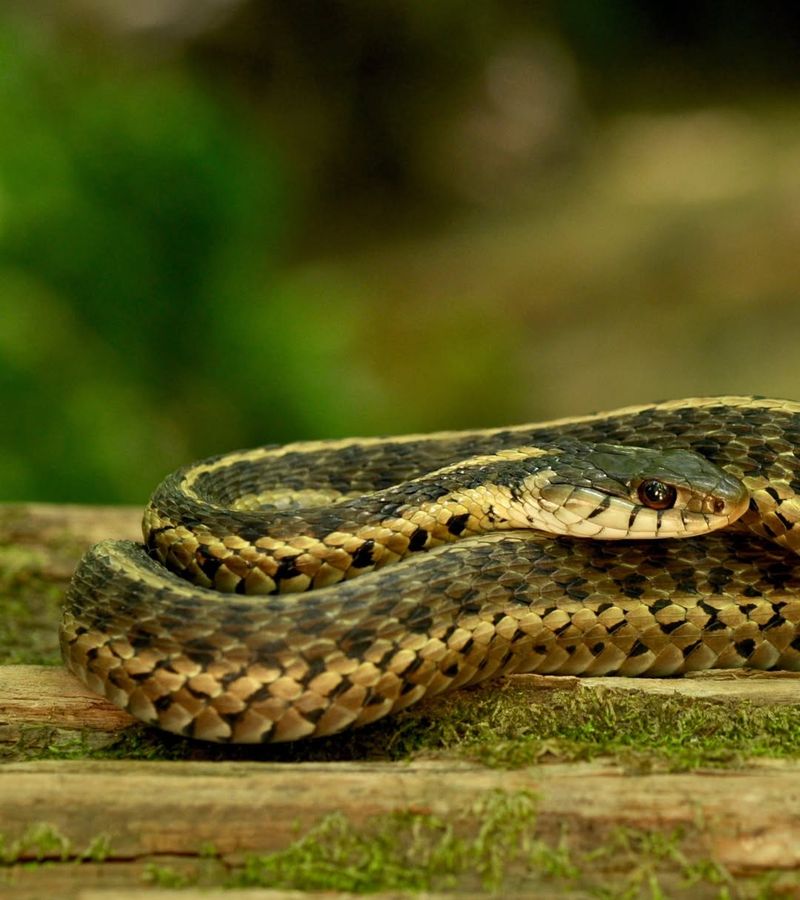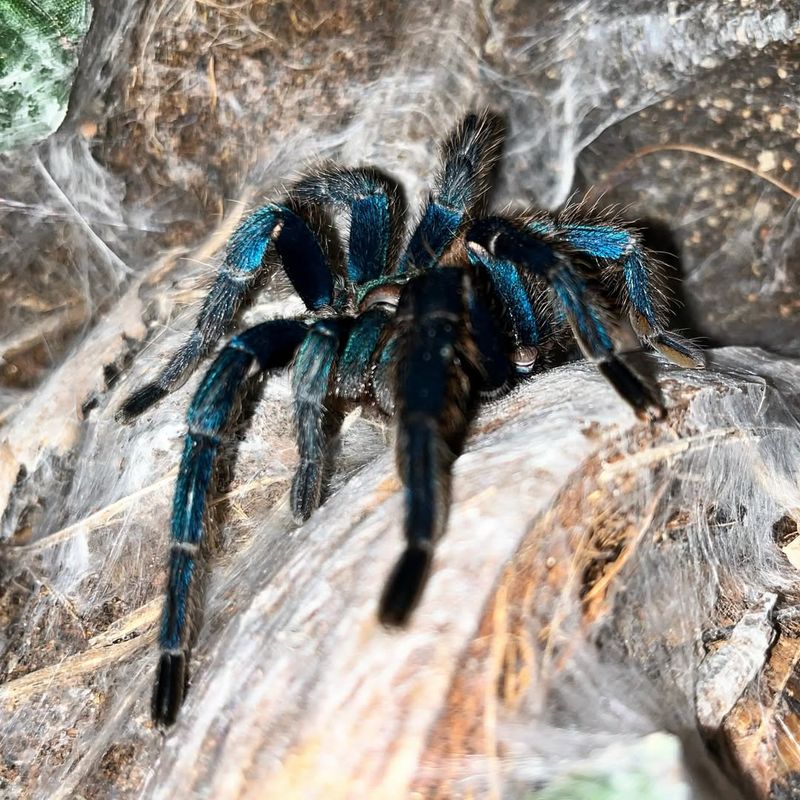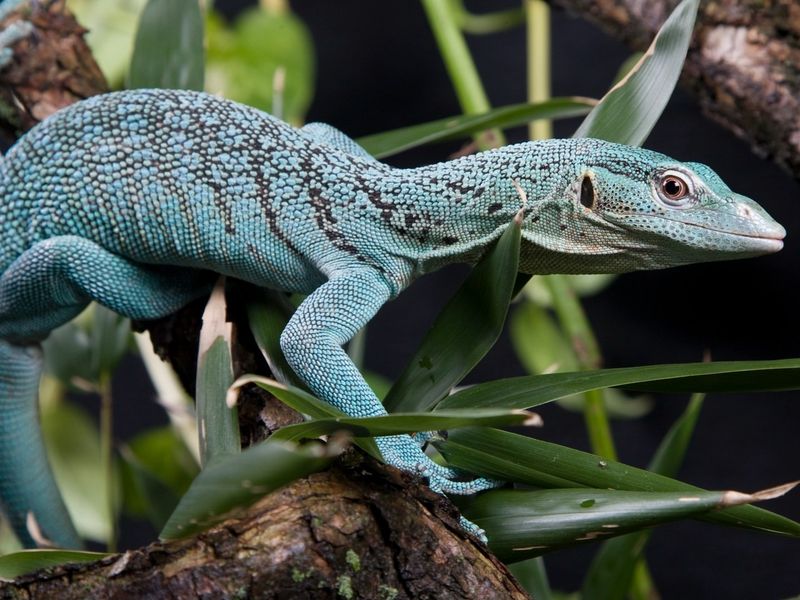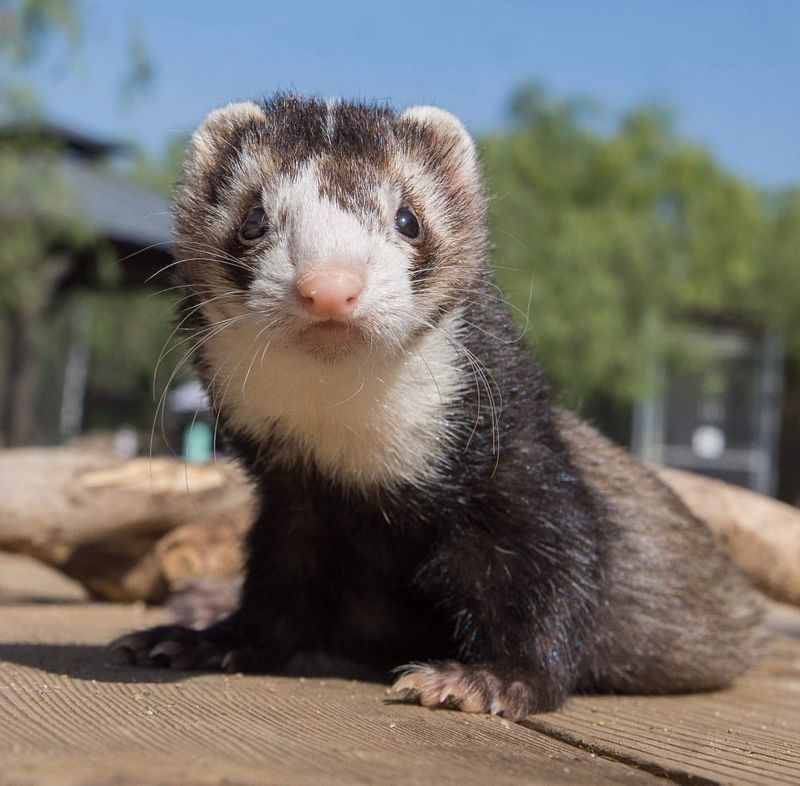📖 Table of Content:
Many pet owners are unaware of the potential dangers that certain animals can pose. While they may seem cute or harmless, some pets have hidden risks that can be harmful to their owners or others around them. In this article, we’ll shine a light on ten pets that are surprisingly dangerous, uncovering the risks that often go unnoticed.
From venomous bites to unpredictable aggression, these animals can transform from friendly companions to real threats in an instant. Their behaviors or physical traits—such as sharp claws, powerful jaws, or potent toxins—can lead to serious injury or health issues. Understanding these risks is crucial for anyone considering these pets as part of their household.
Although these animals can make fascinating and unique companions, they require extra caution, care, and respect. By learning about the potential dangers they bring, owners can take necessary precautions to ensure both their safety and that of the animal. Let’s dive into the world of these deceptively dangerous pets and explore what makes them a risk to keep.
1. Hedgehogs
Although hedgehogs may appear cute with their small size and spiky exterior, they are not without risks. If handled improperly, their spines can cause injury, and they are known to carry diseases like salmonella. Proper care and handling are essential to ensure a safe experience with these tiny creatures. It’s important to wash hands after handling, and young children should be supervised.
Hedgehogs are nocturnal creatures and may become stressed if disturbed during the day, leading to biting or scratching. So, owning this creature requires careful care, an understanding of its habits, and a commitment to maintaining hygiene.
2. Macaws
Known for their stunning colors and intelligence, macaws also have a powerful beak capable of inflicting serious injuries. Their loud calls, if kept indoors without proper sound management, can cause hearing damage. Despite their beauty and smarts, macaws require careful handling and an appropriate environment.
Macaws require significant mental stimulation and can become aggressive if bored, leading to destructive behavior. Potential owners must be prepared to spend considerable time on training and interaction to ensure a balanced relationship.
3. Fennec Foxes
Appearing exotic and playful, fennec foxes still possess strong wild instincts. They can be unpredictable and might bite when startled. To thrive, they require a specialized diet and environment that mirrors their natural desert habitat.
Fennec foxes are also known for their vocalizations, which can be disruptive to some households. Prospective owners should educate themselves thoroughly before committing to this unique pet.
4. Sugar Gliders
Sugar gliders are appealing due to their small size and ability to glide. They form strong bonds but can become aggressive if not handled properly. Their sharp teeth can deliver painful bites, especially if scared or threatened.
They need social interaction and can suffer if left alone, leading to stress-related health issues. Owners should be prepared to meet their complex dietary and environmental needs to ensure a healthy pet.
5. Racoons
Though often seen as pests, raccoons are sometimes kept as pets by those who find them endearing. Known for their dexterous paws and clever minds, raccoons can open doors, cabinets, and even refrigerators. This remarkable intelligence, however, can lead to potential disasters in a home.
These nocturnal creatures have a natural tendency to explore, requiring a raccoon-proof environment to prevent damage. They can also carry diseases, such as rabies, which pose a risk to humans and other pets. For those considering a raccoon as a pet, it’s vital to understand the challenges of their care. A secure, enriching environment and regular veterinary care are crucial for their well-being.
6. Scorpions
Intriguing to those interested in exotic animals, scorpions come with inherent dangers. Their venomous sting can lead to severe reactions, especially in sensitive individuals. Caution and proper equipment are essential when handling scorpions to prevent accidents.
They need a specific habitat with controlled temperature and humidity, reflecting their desert origins. Scorpions can be fascinating to observe, but owners must respect their potential for harm and approach their care with diligence.
7. Snakes
Snakes are popular pets, admired for their sleek beauty and mysterious nature. However, some species are venomous or constrictors, posing risks to humans. Even non-venomous snakes can bite or escape if not securely housed.
They require a carefully controlled environment, including temperature and humidity, to thrive. Handling snakes should be done with understanding and respect for their natural instincts, ensuring both pet and owner remain safe.
8. Tarantulas
Captivating for arachnid enthusiasts, tarantulas are not without their dangers. While their bites are often non-lethal, they can cause allergic reactions or infections. As a defense, tarantulas can flick urticating hairs, leading to skin irritation.
Handling requires care, and they should never be provoked. Maintaining a suitable habitat with proper humidity and space is essential for their well-being.
9. Monitor Lizards
Impressive in size and demeanor, monitor lizards attract reptile lovers. However, their strong tails and sharp claws can cause injuries. If threatened or not handled regularly, they may exhibit aggressive behavior.
They require large enclosures with specific lighting and temperature conditions. Owners must be committed to ongoing care and attention, recognizing the potential hazards these powerful reptiles present.
10. Ferrets
Lively and intelligent, ferrets are popular among pet enthusiasts. However, their curious nature often leads them into dangerous situations. They may bite when frightened or during play, so supervision is essential to prevent accidents.
Ferrets are prone to ingesting small objects, leading to health risks. A dedicated owner must provide a safe environment and understand the responsibilities of keeping such an active pet.
